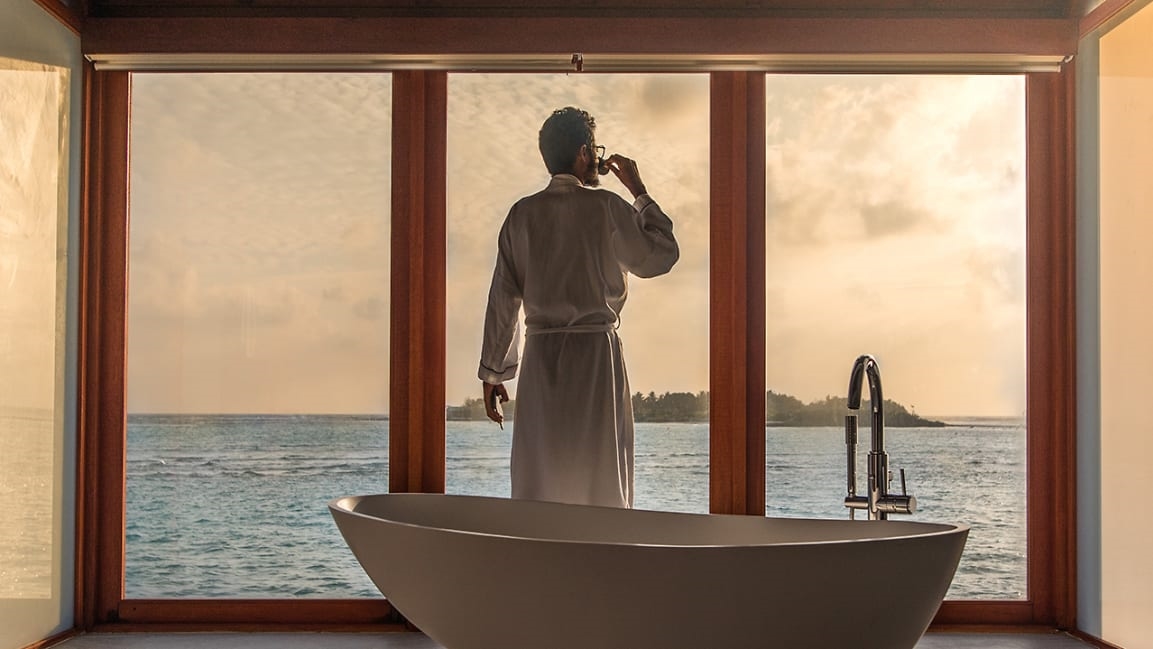This is why luxury purchases can make you feel like crap
Do you rarely wear the nicest items in your closet? Or are you one of the many women who wears faux rings despite owning valuable ones? Now you know why: it turns out that luxury items can spur a psychological rabbit hole of impostor syndrome. Fancy purchases “can backfire, and make consumers feel inauthentic, producing what we call the ‘imposter syndrome from luxury consumption,’” says Nailya Ordabayeva, associate professor of marketing at the Boston College Carroll School of Management and a coauthor of a series of studies exploring luxury consumption.
An all-Boston team of researchers (from Harvard, Boston College, and Boston University) conducted nine studies of over 1,000 high-end consumers, mixing surveys and observation in such luxe hotspots as a Louis Vuitton store in New York City, the Metropolitan Opera, and Martha’s Vineyard.
At issue is authenticity: specifically, the gap between your perceived true self and your external projected self. If you have a lower psychological sense of entitlement, you are more likely to feel inauthentic in luxury apparel—like it’s not really you but just something you’re wearing. This discord is psychologically uncomfortable. People with a high psychological sense of entitlement feel like themselves in luxury garb—and don’t hesitate to wear it.
While researchers have long known that luxury goods can elevate social recognition and status, this “psychological cost of luxury” is news to high-end retailers. Ordabayeva suggests that retailers try to stave off this psychological conflict by “boosting consumers’ feelings of deservingness” through marketing and sales tactics, so that they feel that luxury is not a privilege but well-deserved.
(27)



